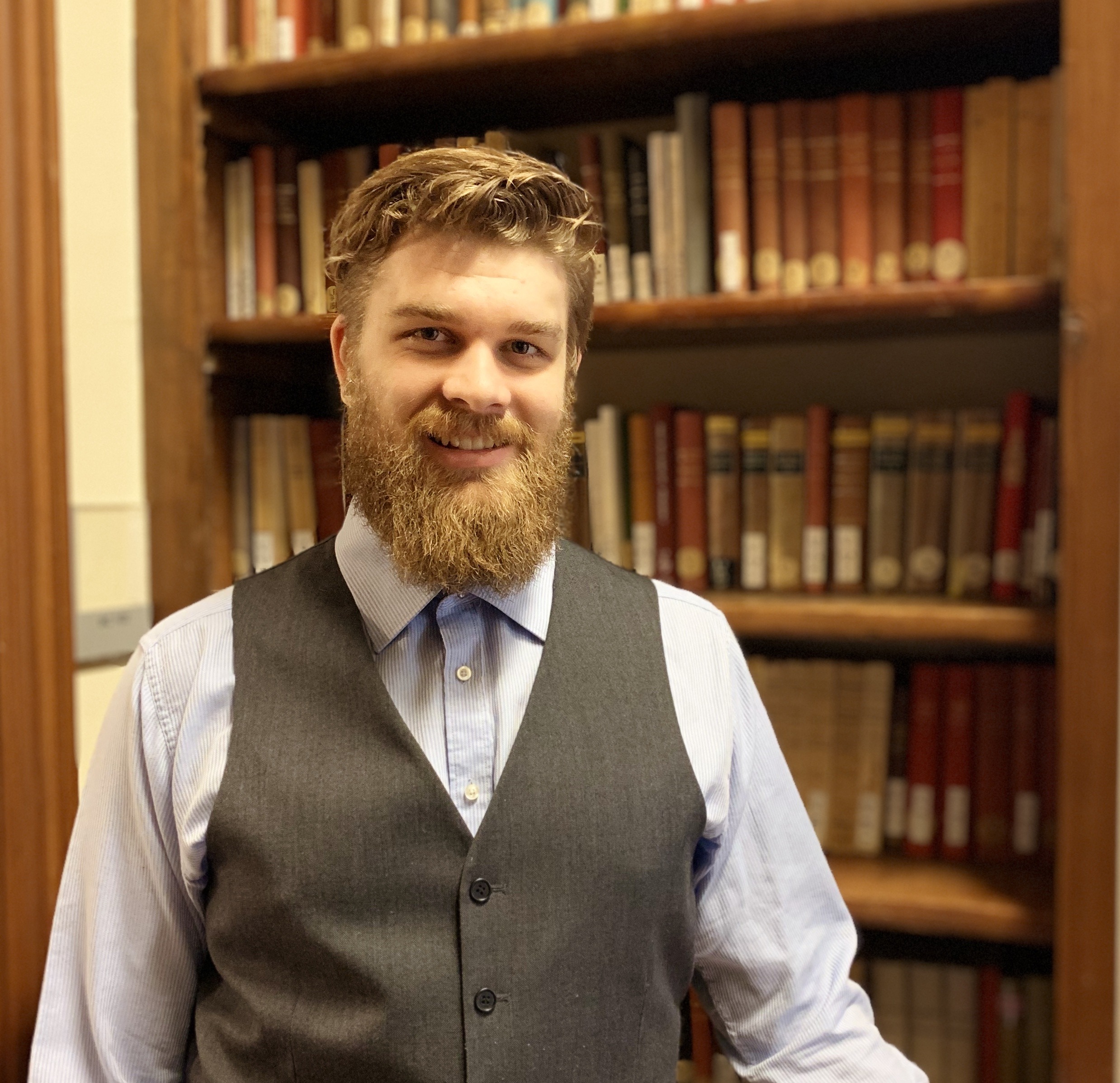Faces of ESLR: Willem E. Church
I am an interdisciplinary researcher working at the intersections of social and evolutionary anthropology. My research focuses, broadly, on intra and inter-group cooperation and conflict, particularly when such interactions occur across nominal group boundaries or result in new groups. I also have an empirical focus on Papua New Guinea, having carried out fieldwork in the country since my master’s research.
I am originally from Auckland, New Zealand, with my undergraduate and master’s degree from the University of Auckland (New Zealand), where I studied both anthropology and economics. I moved to Switzerland at the end of 2015 to begin my doctoral research at the University of Lucerne (Switzerland) under Prof. Dr Bettina Beer. In my thesis, I examined factional competition around a prospective copper-gold mine in Morobe Province, Papua New Guinea. The research focused on the decades-long competition between various parties over preferential access to mining-related benefits – employment, contracts, royalties – from the mine prospect. Drawing on long-term fieldwork with key factions and archival sources, I analysed how the legal and political pressures of gaining access to mining-related benefits drove both novel group formation and stratification within the resulting organisations.
Ever since my undergraduate degree, I have maintained a strong interest in evolutionary approaches to human behaviour, so after completing my doctorate in social anthropology, I decided to begin working within a cultural evolutionary framework more systematically. To this end, from October 2021, I will commence a post-doctoral research stay at the Max Planck Institute for Evolutionary Anthropology in Leipzig (Germany), funded by the Swiss National Science Foundation (postdoc.mobility). My post-doctoral research focuses on developing agent-based models of changing social norms amongst multi-cultural populations in which individuals have (potentially) vastly different normative expectations and interpretations of situations. The project is centrally interested in exploring how population-level dynamics inform the subsequent evolution of norms when individuals, of different cultural provenance and holding a range of normative expectations, interact and attempt to cooperate. Such simulations hope to give insights into the conditions that shape which (and whose) norms, expectations, and interpretations of situations become dominant and to what extent. More generally, I am interested in the philosophy of social science, particularly social ontology.
Feel free to email me if you have any questions about my research!
About the author
Willem Church is an interdisciplinary researcher working at the intersections of social and evolutionary anthropology, with a research interest in intra and inter-group cooperation and conflict, particularly when such interactions occur across nominal group boundaries or result in new groups. His current research focuses on the evolutionary dynamics of norms amongst multi-cultural populations, with a particular interest in how individuals of different cultural background and mother-tongue can come to cooperate in situations where which norms (and whose) apply in an interaction is ambiguous. From October 2021, Church will be commencing a two-year post-doctoral research stay at the Max Planck Institute for Evolutionary Anthropology in Leipzig funded by the Swiss National Science Foundation (postdoc.mobility). At Leipzig, Willem will begin building computational models of the evolutionary dynamics of norms in multi-cultural populations. Willem’s prior doctoral research was at the University of Lucerne (Switzerland) examined factional competition around a prospective copper-gold mine in Papua New Guinea.
